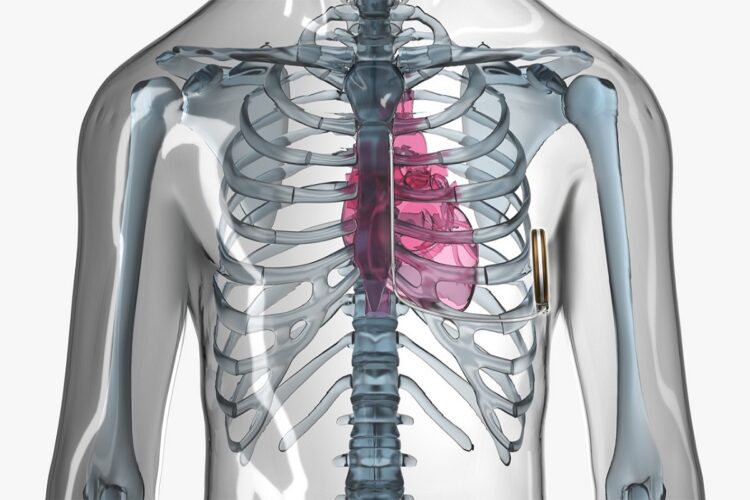Research shows that midazolam is beneficial after cardiac arrest
Midazolam improved the chances of sufficient oxygen saturation and CO2 levels in the blood when the patient needed anesthesia after a successful resuscitation. There was no increase in the likelihood of a subsequent drop in blood pressure or circulatory arrest.

It is without a doubt necessary to include this specific group of patients in the pre-hospital anesthesia guidelines who have been successfully revived. The study’s primary author, Dr. Gerrit Jansen, of Deutsches Arzteblatt International, thinks that midazolam works especially well for this set of patients.
Quick action is crucial in the case of a cardiac arrest: In the best-case scenario, the patient’s circulation may be restored if first responders perform resuscitation procedures promptly. But often, the patient hasn’t fully recovered consciousness, according to Gerrit Jansen. Numerous variables might impact the odds of survival during this period, as well as any long-term consequences resulting from the circulatory halt.
After receiving resuscitation, some patients exhibit defensive or coughing reflexes, which makes the job of emergency personnel more challenging. Frequently, they must carry out prolonged airway care, such as intubating the patient in the same manner as during surgery. According to Jansen, this often calls for sedation or anesthetic. Up until now, there has been worry that the recently rebuilt circulatory system may be adversely affected by anesthetic medicines. However, the investigation indicates that this is untrue.
395 of the 571 research participants who survived a cardiac arrest and were hospitalized were sedated, with 249 receiving midazolam. When midazolam was given, the likelihood that their blood oxygen saturation levels were within the ideal range after a cardiac arrest doubled. The medication raised the likelihood that carbon dioxide was efficiently exhaled by a ratio of 1.6. “Without any indication of detrimental circulatory effects, our statistical methods confirmed a correlation between these results and the administration of midazolam,” explains Gerrit Jansen.
According to Jansen, “there are currently no specific recommendations for potential anesthetic drugs in the European Resuscitation Council’s guidelines.” “Patients experiencing cardiac arrest are not included in the German guideline for pre-hospital anesthesia for patients with cardiovascular risk. For the benefit of the patients, we have therefore conducted groundbreaking research in this area, the findings of which need to be included in the recommendations.







